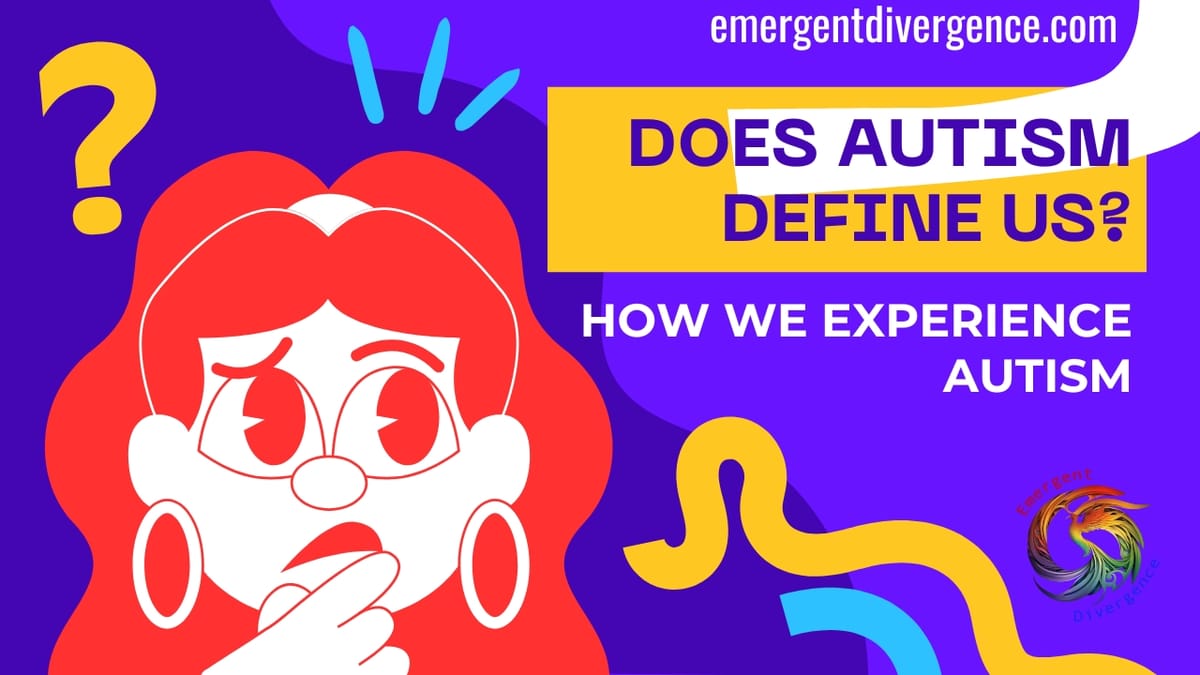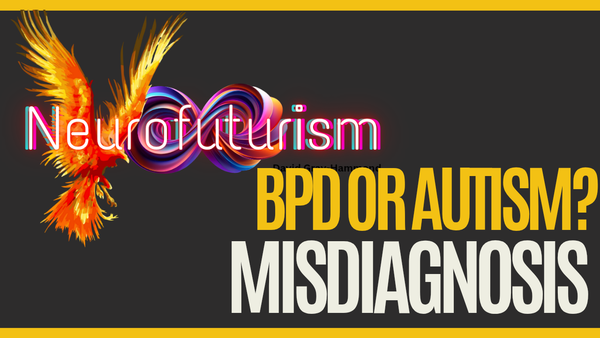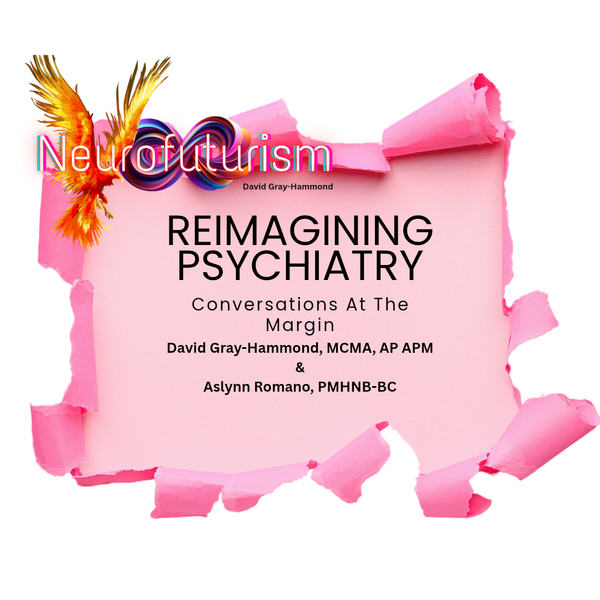Does autism define us?
The text discusses how autism significantly shapes both the experiences of Autistic individuals and society's perception of them. It argues against the idea that autism should not define one's identity, emphasizing that understanding autism is essential to understanding the human experience of Autis

If one phrase is bound to trigger a response from Autistic people, it would be "don't let your autism define you". Many Autistic people view the separation of their Autistic experience from their humanity to be overtly offensive, it is often viewed as ableism by denial of our lived experience. On the other hand, there are Autistic people who prefer to keep their autism at arms length, supporting the idea that autism is one facet of their broad and varied existence. In my own experience, I can agree that autism is a single facet on a many faced surface, however I would argue that each facet provides definition to the others, therefore all names for my experience are broadly definitive of the other experiences. In this respect, Autism defines all aspects of my experience while remaining only part of the cumulative definition that exists.
What is autism?
Autism is an abstract concept provided by the world of medicine to describe a neurocognitive style that departs from normative standards of cognition and behaviour. It is not a pathogen, it does not grow inside us, It does not have a physical form or root that can be isolated and removed from our bodies. Autism, then, is not a separate entity to us, it is Autistic people. Simply put, autism doesn't tangibly exist, but Autistic people do.
Autism defines our experience of the world
As Autistic people, we can not experience the world around us in a non-Autistic way. While other factors may influence and compound our experience of the world, being Autistic means that we can only experience the world Autistically. My thought are Autistic, my sense are Autistic, my behaviours are Autistic. My entire bodymind is Autistic.
Rather than trying to isolate this aspect of my experience and see it as an external influence with which I contend, it is better for my wellbeing to embrace the world Autistically, and shape my environment around that. I am not living in spite of my autism, nor am I living with it. I am living through my autism. I am conscious and breathing, capable of love and happiness, pain and distress, because my Autistic brain makes it so. One can not understand my experience of existence without also understanding my Autistic cognition.
Autism defines how the world experiences us
Not only does being Autistic have a defining influence on how I experience the world, it does the same for how the world experiences me. My Autistic bodymind performs as a function of it's cognition, and therefore when people experience me, they experience autism. It is not that my Autistic bodymind sets a standard for all Autistic people. It is that to understand autism is to understand how the world views and interacts with Autistic people.
In this sense, the Autistic relationship with society acts as a mediator of not only how we define autism, but how it defines Autistic people. Autistic people provide a context for the creation of knowledge around autism. Society then interprets that context, which in turn influences our contextualisation as Autistic people. The understanding of autism is not a one-way system. It is an iterative loop where in our existence, and societies response to that existence, creates our definition of autism, and the way in which autism defines us.
Autistic experience is a social phenomenon
With autism defining our bodyminds, and in turn how society experiences our bodyminds, our experience as Autistic people becomes a matter of social relativity. We come to understand ourselves through the information we obtain from others. Others obtain that information from their experience of us. Therefore, to experience the world Autistically is to experience the world as a relational cycle of information exchange and internalisation.
Autistic people internalise the attitudes that society has towards them, which in turn influences their Autistic experience, creating further change in how the world and experience us. In this respect, we as Autistic people have a responsibility to not only push back against pejorative models of autism, but against our own internalised pejoration that we embody and pass onto external observers.
AuSociality as an expression of our relationship with society
Autistic experience as a social phenomenon may seem bizarre to those who have understood Autistic people as fundamentally lacking human social skills. My own understanding of Autistic social culture is one of AuSociality. Autistic people have their own social culture, which is suppressed and pathologised by society at large. Given the social nature of how autism defines us, and the way we are viewed, it seems clear then that the defining factor of Autistic experience itself is the imbalance in social relationships between Autistic and non-Autistic culture.
If our understanding of our Autistic selves is influenced by societies experience and response to our Autistic selves, which we further internalise and create more influence; we as Autistic people are then defined by our internalisation of pathological and pejorative attitudes. I would argue that this is at the root of a great deal of the distress that Autistic people experience. How can we have a healthy experience of our own body mind when society imposes a negative definition upon us. The Autistic bodymind is forced to experience its own definition as one of inhumanity by virtue of a world that holds the privilege of control over wider understanding.
In Conclusion
Autism not only defines us, but it defines the worlds experience of us, which in turn redefines our own experience. To tell us not to let our autism define us is to tell us to ignore the harmful attitudes imposed upon us until we have internalised them. If we allow the world to separate autism from us, we create complicity in the dehumanisation of Autistic people through the redefining of autism as a non-human experience. In order to exist in the world as a liberated Autistic person, we must recontextualise societies understanding of our world by the push back against harmful pathological and dehumanising paradigms.


